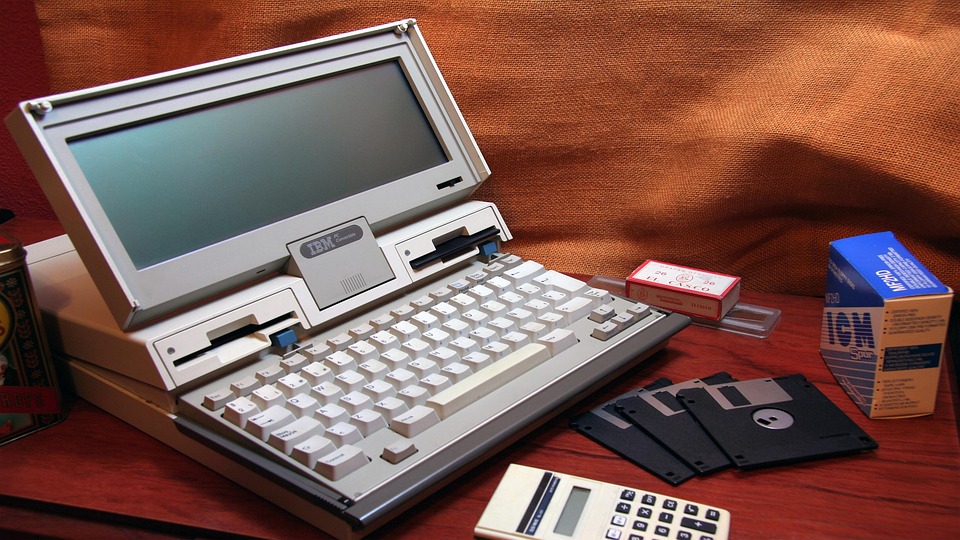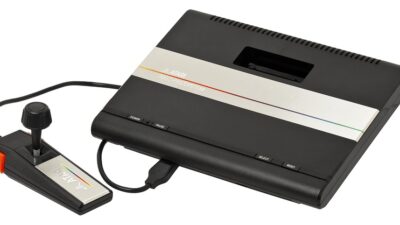When it comes to gaming, the age-old debate of budget versus high-end gaming PCs is one that continues to spark discussions among enthusiasts. With an ever-evolving landscape of hardware, game requirements, and player preferences, it’s vital to find a balance that suits your needs without breaking the bank. In this article, we will explore the differences between budget and high-end gaming PCs, weighing their pros and cons and providing insights to help you make an informed decision.
The Budget Gaming PC
Advantages
-
Affordability: The most obvious benefit of a budget gaming PC is its cost-effectiveness. You can find solid performance for games at 1080p without maxing out your wallet.
-
Value for Money: Many budget components offer excellent performance for the price. Brands like AMD and NVIDIA often provide mid-range GPUs that deliver good frame rates without the premium tag.
- Upgradability: Starting from a budget base allows you to upgrade specific components over time. You might begin with a decent GPU and then gradually enhance RAM or storage as your needs or budget increase.
Disadvantages
-
Performance Limitations: While budget PCs can handle many current games, they may struggle with high settings or latest AAA titles, especially at higher resolutions.
-
Potential for Short-Lived Relevance: As games become more demanding, a budget system may age faster, requiring sooner upgrades or replacements.
- Lower Build Quality: In an effort to cut costs, budget PCs might utilize cheaper materials and components, which can affect longevity and performance stability.
The High-End Gaming PC
Advantages
-
Top-Notch Performance: High-end systems are built to handle anything you throw at them, including the latest games at ultra settings, pushing resolutions up to 4K with ease.
-
Future-Proofing: Investing in premium hardware can keep you relevant in the gaming scene for several years, as they tend to meet upcoming demands longer than budget models.
- Superior Build Quality: High-end PCs often use more robust components that can ensure durability, reliability, and better thermals, enhancing performance over time.
Disadvantages
-
Cost: The most significant drawback is the initial investment. High-end components come with a steep price tag, which can be a barrier for many gamers.
-
Diminishing Returns: Beyond a certain point, the performance improvement for the cost becomes marginal. Spending significantly more may yield only slight increases in frame rates or visual fidelity.
- Complexity: Building or maintaining a high-end system can be more complex, requiring more knowledge about compatibility, cooling solutions, and power requirements.
Finding Your Perfect Balance
Consider Your Gaming Habits
-
Game Selection: Are you playing competitive games like "CS:GO" or narrative-rich titles like "The Witcher 3"? Knowing what games you play can help determine the required specs.
-
Resolution and Frame Rate Preferences: Decide on your target resolution. A budget build may be suitable for 1080p gaming, while higher resolutions like 1440p or 4K typically warrant higher-end setups.
- Future Plans: Are you planning to keep your setup for a few years, or do you prefer to upgrade frequently? A high-end build may be worth it if you want longevity.
Budgeting Wisely
-
Set a Budget: Knowing how much you’re willing to spend will greatly narrow down your options. Don’t forget to include peripherals like monitors, keyboards, and headphones in your overall gaming budget.
-
Research and Compare Components: Look for reviews on the latest components, and keep an eye on sales or bundles that could offer more for your money.
- Consider Used or Refurbished Parts: If you’re willing to take the risk, exploring the second-hand market can lead to significant savings on high-end components.
Build or Buy?
Once you have determined your budget and needs, the decision to build or buy becomes crucial. Building your own PC grants customization and often a better price-to-performance ratio. On the other hand, pre-built systems may provide hassle-free experiences and warranty support.
Conclusion
Finding the perfect balance between budget and high-end gaming PCs ultimately comes down to your individual needs and preferences. Whether you opt for a budget build that allows gradual upgrades or splurge on a high-end machine for unparalleled performance, understanding your gaming habits and future plans will guide you in making the right decision. Remember that gaming is about enjoyment, and your chosen setup should enhance that experience without unnecessary financial strain. Happy gaming!



